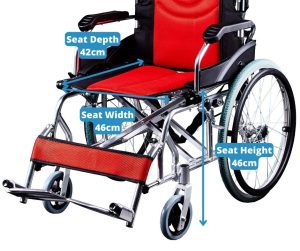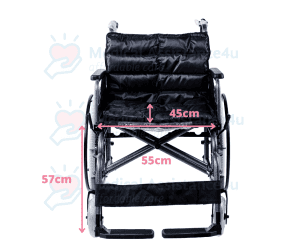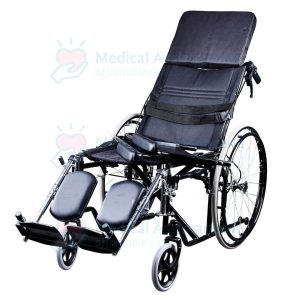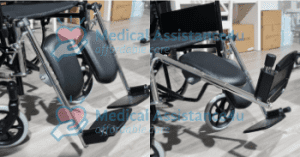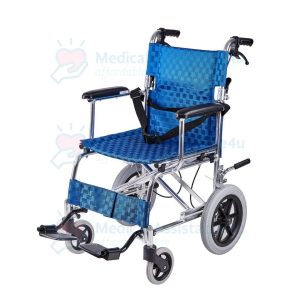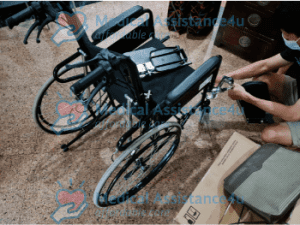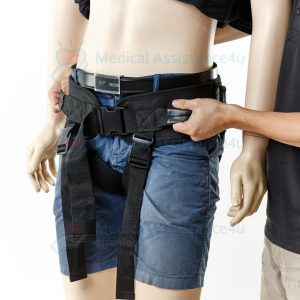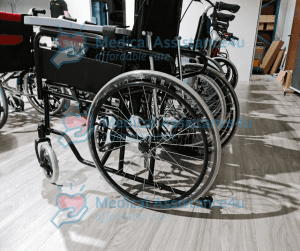How to Choose a Wheelchair for the Elderly?
- Medicalassistance4u
- August 17, 2022
- Mobility Assistive, Wheelchair
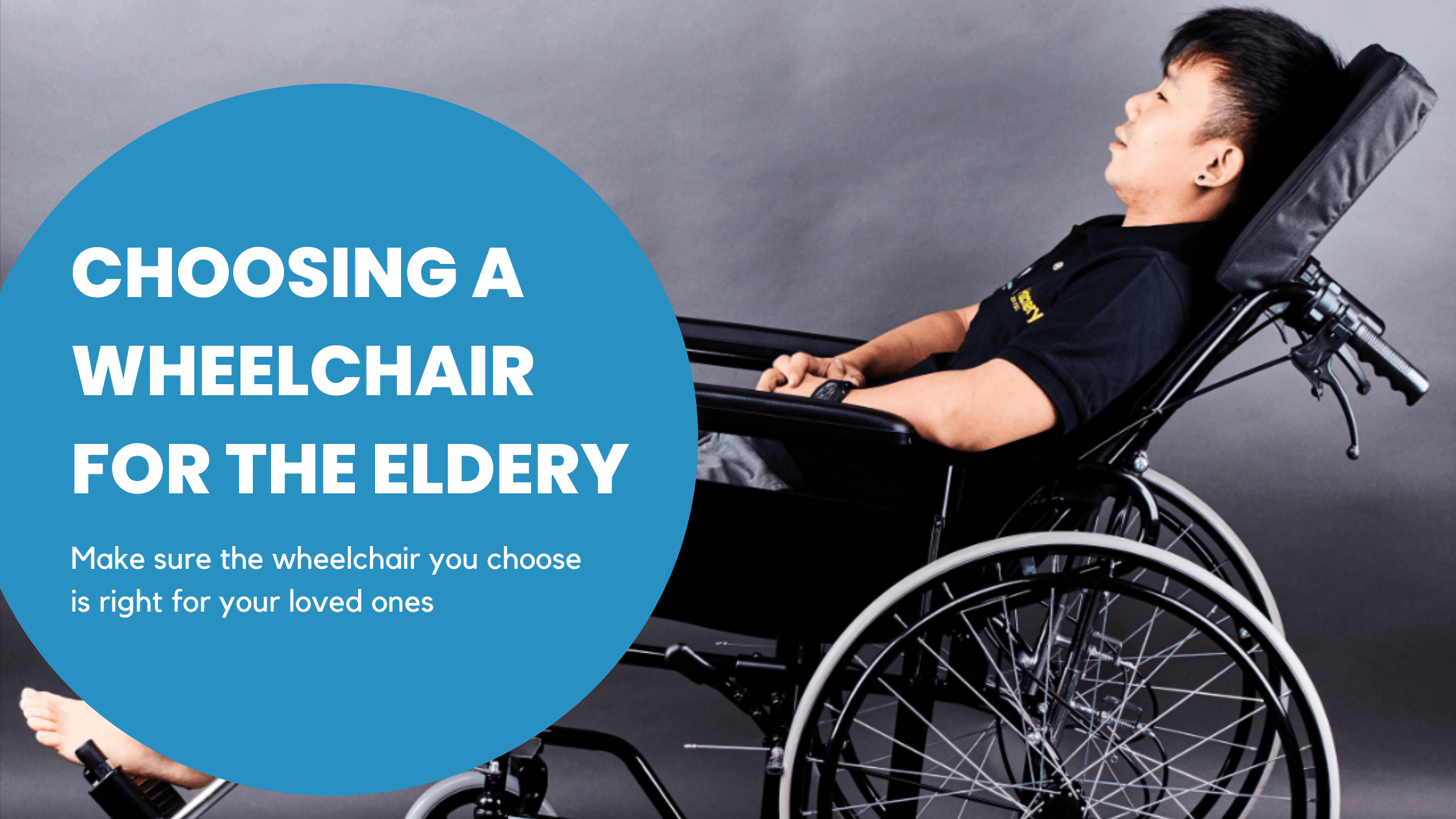
What is a wheelchair?
A wheelchair is a chair on wheels primarily designed for users with mobility difficulties, for both temporary and permanent use.
Understanding how to choose a wheelchair for an elderly user is important, especially for those highly-dependent on wheelchairs for daily needs. Besides ensuring comfort for the user, the right wheelchair will also improve the caretaking experience of caregivers.
Wheelchair pre-purchase assessment
When choosing a wheelchair for an elderly user, these are 3 things to consider:
- Weight and size of the elderly
- If the elderly is fully-dependent on a wheelchair for commuting
- If the elderly is fully-dependent on a caregiver
1. Weight and size of the elderly
Our wheelchairs have a maximum weight load of 100kg.
Larger rear wheels also provide more stability than smaller rear wheels. This makes wheelchairs with larger rear wheels more suitable for users who weigh more than 80kg.
The average seat width of wheelchairs in the market is 46cm – smaller sized users will find these wheelchairs comfortable.
For bariatric patients who are larger in size, wide-width wheelchairs with an average seat width of 54cm is recommended.
2. Dependency on a wheelchair for commuting
Users who are fully-dependent on wheelchairs for daily commuting needs would require different wheelchair functions as compared to users who are not fully-dependent.
Users who are fully-dependent on wheelchair for commuting
For these users, it is important to understand how often they need to leave the house on a wheelchair. As time spent in the wheelchair is relatively higher for them, wheelchairs with adjustable features will ensure the users’ long term comfort and wellbeing.
This is why we recommend reclining wheelchairs. At Medical Assistance4u, we have the Steel Reclining Wheelchair and the Aluminium Reclining Wheelchair.
Features like a reclining backrest, adjustable footrest and removable headrest keep the user comfortable for extended periods spent in the wheelchair.
Do look out for adjustable calf pads, as these provide support and elevation of the legs to encourage blood circulation and prevent swelling.
Users who are not fully-dependent on wheelchair for commuting
For these users, lightweight and foldable wheelchairs are recommended. The compactness of the wheelchair aids in seamless travel.
A rollator can be considered if the user is able to walk with some assistance but requires a seat to rest on from time to time. 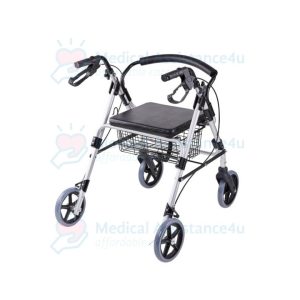
3. Dependency on a caregiver
Choosing the right wheelchair not only ensures the user is comfortable, it also eases the caretaking experience for caregivers.
Fully-dependent on caregiver
For elderly users who need caregivers when moving to and from the wheelchair, wheelchairs with these features are recommended:
1. Flip up armrest
Flip up armrests removes any obstruction when transferring the user from their wheelchair to the bed and vice versa.
2. Removable and/or flip up footrest
Similarly, a non-fixed footrest removes any obstruction and hazard to the caregiver and elderly during transfers to and from the wheelchair.
3. Transfer belt
The heavy duty cotton webbing transfer safety belt provides a secure hand hold for caregivers to safely and comfortably transfer users to and from wheelchairs.
Not fully-dependent on caregiver
While users who are not fully-dependent on caregivers still can benefit from the above features, this group of users will likely need to propel themselves in their wheelchairs on occasion.
Wheelchairs that have larger rear wheels with grab rims will afford users the ability to self-propel for less or no dependency on caregivers.
At Medical Assistance4u
We offer both direct purchases and short-term wheelchair rental options
With medically trained staff, our team at Medical Assistance4u can provide you with consultation services to assist you to find the most suitable wheelchair.


